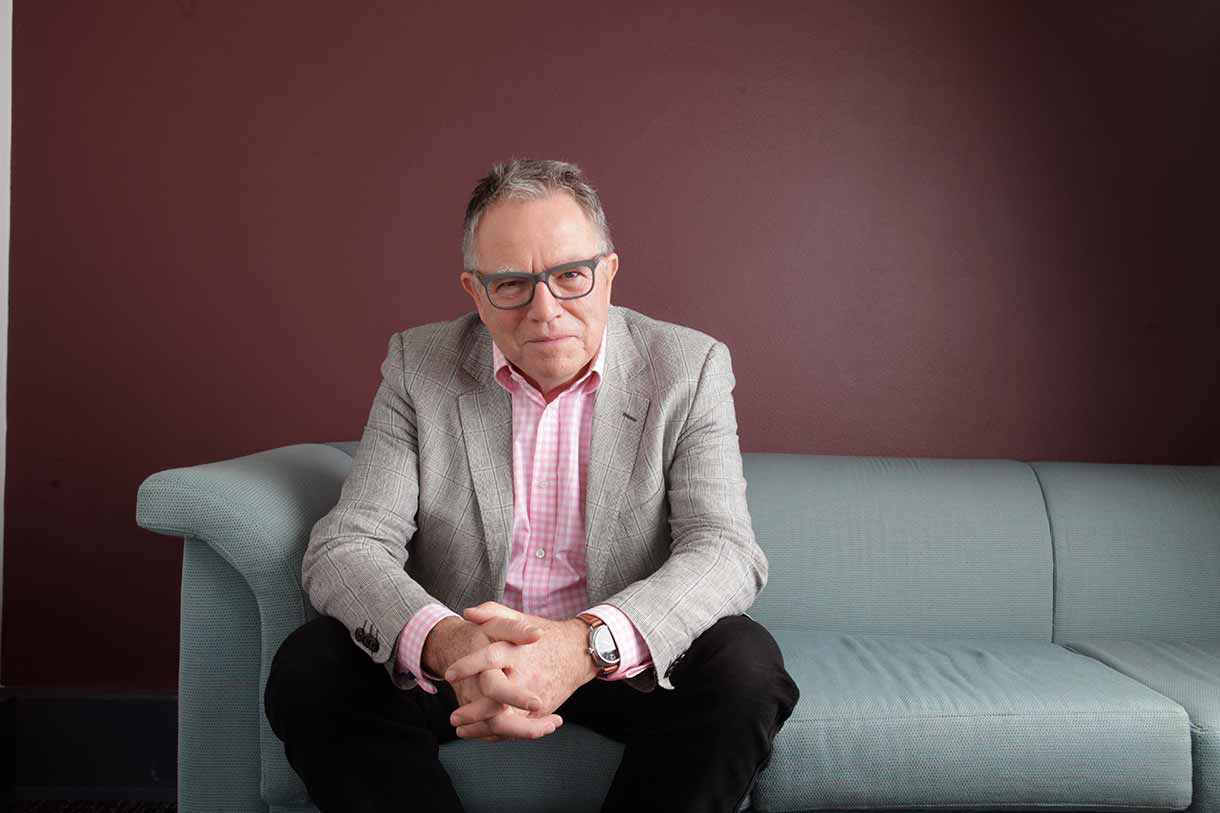Debunks and pre-bunks battling deepfakes, artificial intelligence and bad actors. RMIT FactLab is marshalling its forces to fight all forms of disinformation and misinformation in the lead up to the Voice referendum.
RMIT FactLab is calling out referendum disinformation
FactLab is committed to ensuring the landmark Voice referendum is not derailed by false and misleading information. Voters should come to vote armed with facts – not fear, ignorance or baseless claims.
Professor Megan Davis, a leading constitutional lawyer on indigenous constitutional recognition and a Cobble Cobble woman from south-west Queensland, put it bluntly in a recent newspaper interview:
“Badly informed claims spread on social media,” she said, “are threatening to undermine and distort the public debate.”
Professor Davis should know. She is a principal author of the draft referendum question and proposed constitutional clauses. FactLab shares her view that bad information on social media confounds voters, making it difficult for them to know what to believe.
 FactLab Director, Russell Skelton (Image credit: Robert Gourlay)
FactLab Director, Russell Skelton (Image credit: Robert Gourlay)
RMIT FactLab is committed to correcting all forms of disinformation and misinformation – no matter who holds the propaganda gun of disruption it is fired from. The historic vote will shape our nation's acknowledgement of over 40,000 years of indigenous history.
Verifiable facts, not fear, must inform the debate. So our researchers are tracking, tracing and debunking the purveyors of misinformation from all corners of the political spectrum who are hard at work.
How are we doing this?
FactLab's CrossCheck team, an online "engine room" of verification experts, is working with other media, including SBS, NITV and community radio to ensure referendum-related misinformation is neutralised before it gains traction.
CrossCheck pre-emptively identifies false claims and provides daily reports to media partners — including Indigenous language media — on misinformation and ways to counter it.
CrossCheck also publishes 'pre-bunks,' with its regularly updated live list already put to use by media partners.
Regular online misinformation alerts are sent to media partners throughout Australia and the Asia Pacific. The team began monitoring international elections in 2015 and is a founding partner with the Information Futures Lab at Brown University in Rhode Island, US.
Led by former CNN news anchor Dr Anne Kruger, CrossCheck joined up with RMIT FactLab at the start of 2023.
"We sift through the noise to identify things journalists should be aware of and what to watch out for. Then, we alert them to issues so they don't amplify incorrect information," says Dr Kruger.
In the coming weeks, FactLab will launch a tipline for the public to report claims they have doubts about and want to be checked.
None of this is new to us. During the 2022 federal election, FactLab's Mosaic Project, organised by associate director Devi Mallal and funded by the Judith Neilson Institute, analysed the digital campaign using the latest social media monitoring technology.
The results, published on the FactLab website, were available to all media organisations.
Our independent third-party META fact-checking team also debunks misinformation and disinformation on Facebook and Instagram. Led by assistant director Sushi Das, the team searches out incorrect information, be it a meme, image, video or written material. Offending posts are labelled on Facebook, blurred out and downgraded in sharing algorithms to restrict their reach.
The results are also published on FactLab's "Debunks" page. If the post is subsequently corrected, the team, which operates independently of Meta, can lift the ban.
"Since its launch in March 2022, FactLab has published more than 80 debunks, leading to warnings on tens of thousands of shared and tagged posts," says Sushi Das. A significant number have concerned claims around The Voice.
FactLab is determined to intensify its fact-checking efforts over the coming months as the referendum campaign heats up. To do this, we need additional resources to operate our tipline and to increase the number of qualified researchers. So we need your generous support.
Contact us
If you are interested in making an impact, please get in touch.